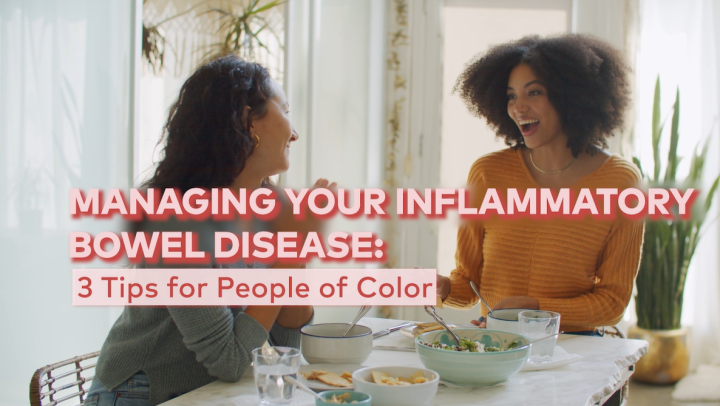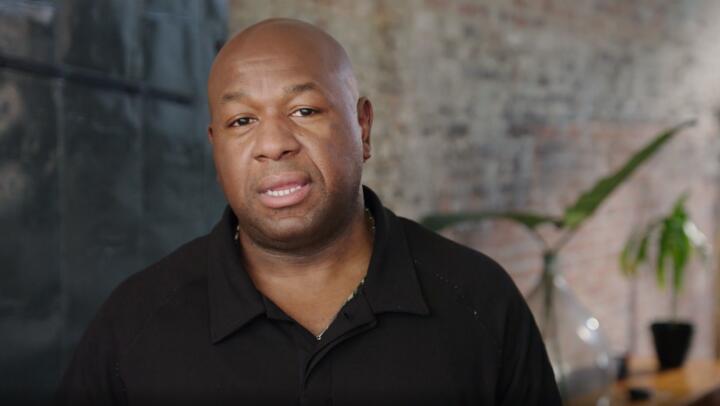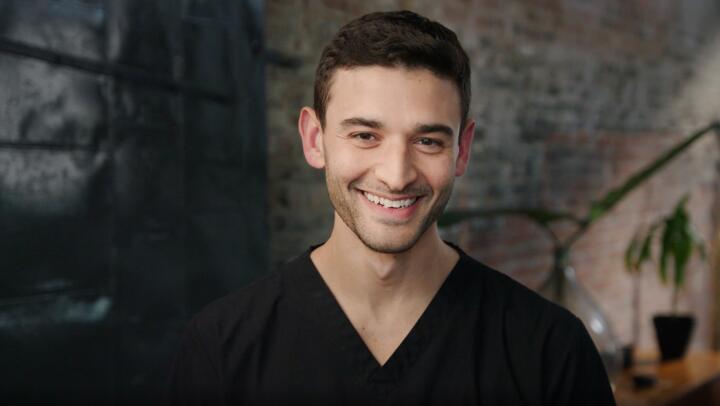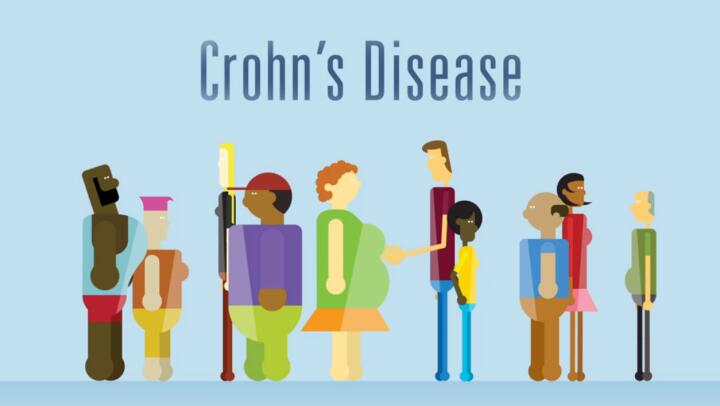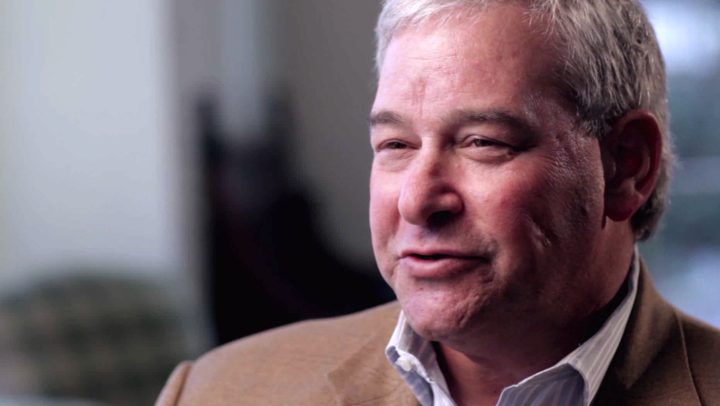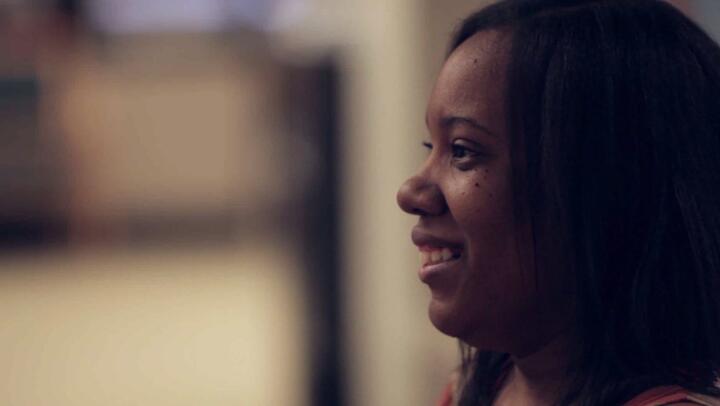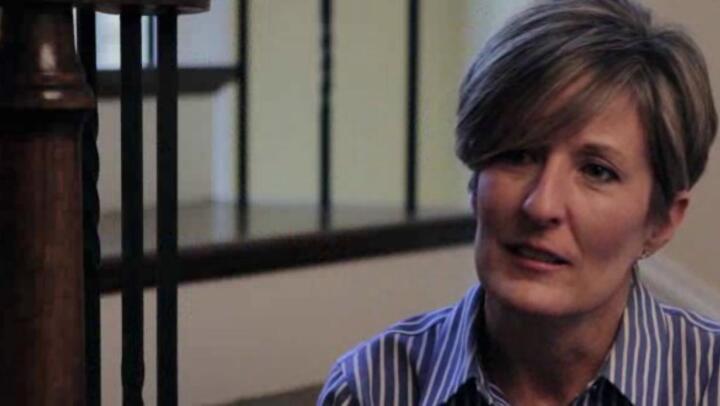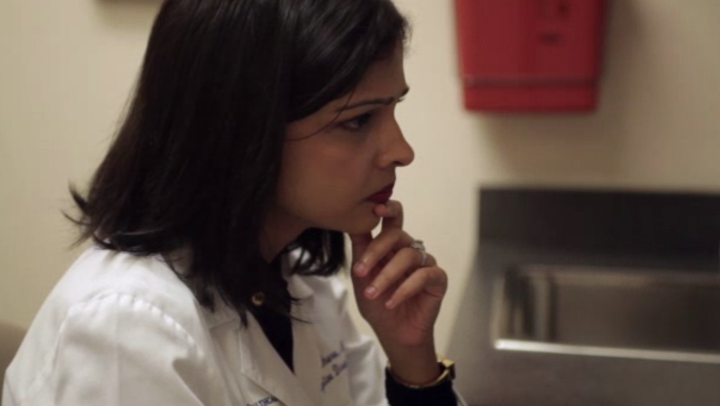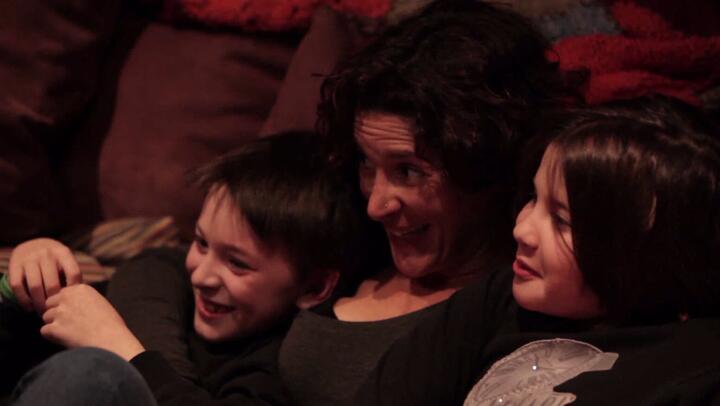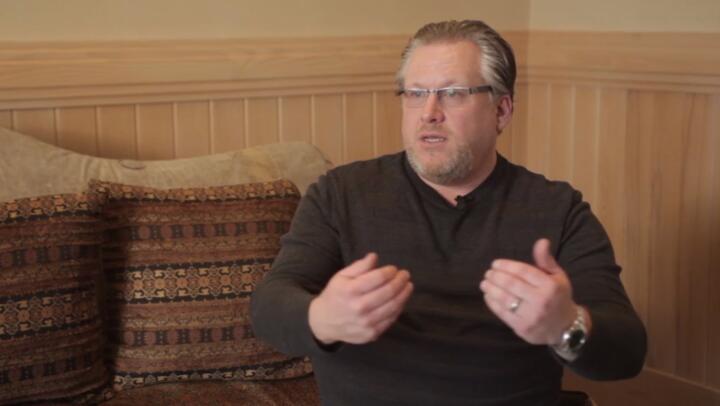My husband, Mike, has dealt with Crohn's disease for more than 30 years. After three surgeries, countless nights in the hospital and dozens of treatments, we've learned a few things. We've learned that doctors aren't perfect. We've learned that no one is more of an expert on you than yourself. And we've learned that surrounding yourself with the support you need (and learning how to find that support in the first place) is the best thing you can do.
Doctors Are People, Too
Once Mike received his Crohn's diagnosis, he was really good about researching the disease and the different treatments available. But he focused most on finding the best doctors. Eventually, we found a phenomenal gastroenterologist, who's largely to credit for Mike's positive transformation. One of this doctor's best qualities is that he encourages Mike to seek second opinions. He'd say, "I need some fresh eyes on this - go see one of my colleagues." That's when you know you have a great doctor. It's not about his or her ego; it's about the health of the patient.
But even with the best care, things can go wrong. Mike's last surgery was brutal. He was in the hospital for 21 days, recovering from an intestinal infection that sprung up after one of the surgeons pulled a stomach tube out too soon. I stayed with Mike in the hospital the first night, but then went home to care for our young son. I came back the next morning and realized that the nurses had mixed up his medications. I felt so angry at myself for leaving.
Through all of this, we learned that you can't be too careful. It's important that somebody is always in the hospital with a sick person. Doctors can make mistakes, and nurses can't watch everything all of the time. It's up to you to make sure you and your loved ones receive the best care.
Trust Your Body's Instincts
Crohn's is such a physical disease. Even on his good days, Mike feels it. He's learned to read his body and be cautious about what he's putting into it. For years, doctors would prescribe heavy-duty medications that just wouldn't feel right to Mike, so he would stop taking them. We had many arguments about these decisions because I wanted him to follow the doctor's orders precisely. But I've realized that Mike is the expert on Mike.
In the end, Mike decided what worked best for him was taking heavy doses of probiotics. His doctor encouraged it, saying that whatever worked was fine, but it was Mike who did the research, tracked his progress, experimented with different strains of probiotics, and eventually figured out a routine. Studies haven't shown that probiotics can significantly improve Crohn's symptoms, but Mike is living proof that they do work for some people.
Mike continues to develop the program that works best for him. This means more than maintaining a unique diet – he also needs to focus a lot on exercise and stress reduction. He's still in the discovery stage, and it's a lot of work, but it's kept him healthy for the last ten years.
It's Imperative to Ask for Help
Early on, Mike and I didn't want to inconvenience anyone by asking them for help. But we quickly realized that people want to help when friends and family are in need. Once we reached out for support, life became easier.
I also found support outside of my inner circle. I pinpointed one organization that provided a babysitter at no charge. And I'm a huge fan of insurance case managers – nurses who can help you find the best, most affordable and most convenient care. They're a little-known resource that insurance companies provide for free. And they, in turn, provided us with resources and tips we never would have found on our own.
The Bottom Line
To others dealing with chronic conditions, I can't emphasize it enough: YOU are in charge of your care. Be an advocate for yourself. Don't be afraid to question or challenge your doctors, and do all that you can for your health.
Jan D. is a middle school teacher who lives in Los Angeles with her husband, Mike, a feature film producer. These are not their real names.




